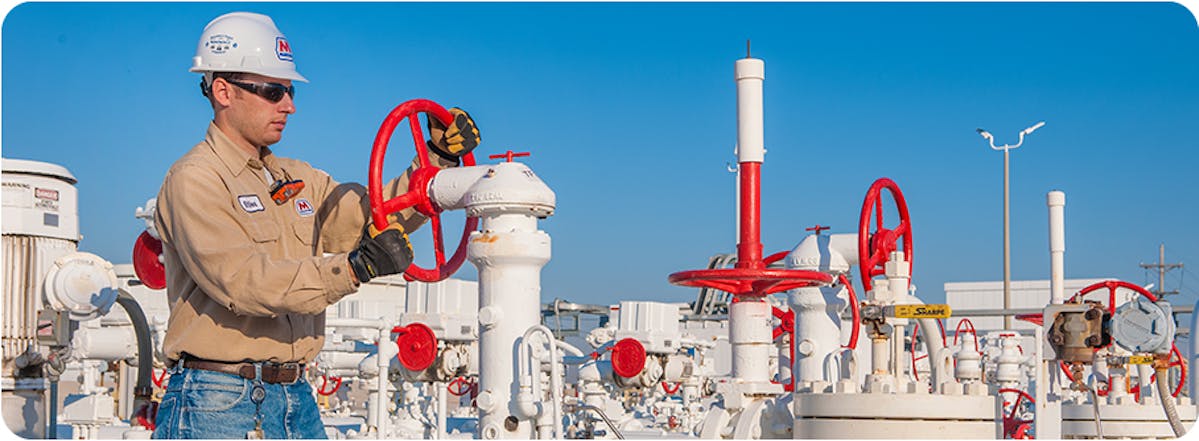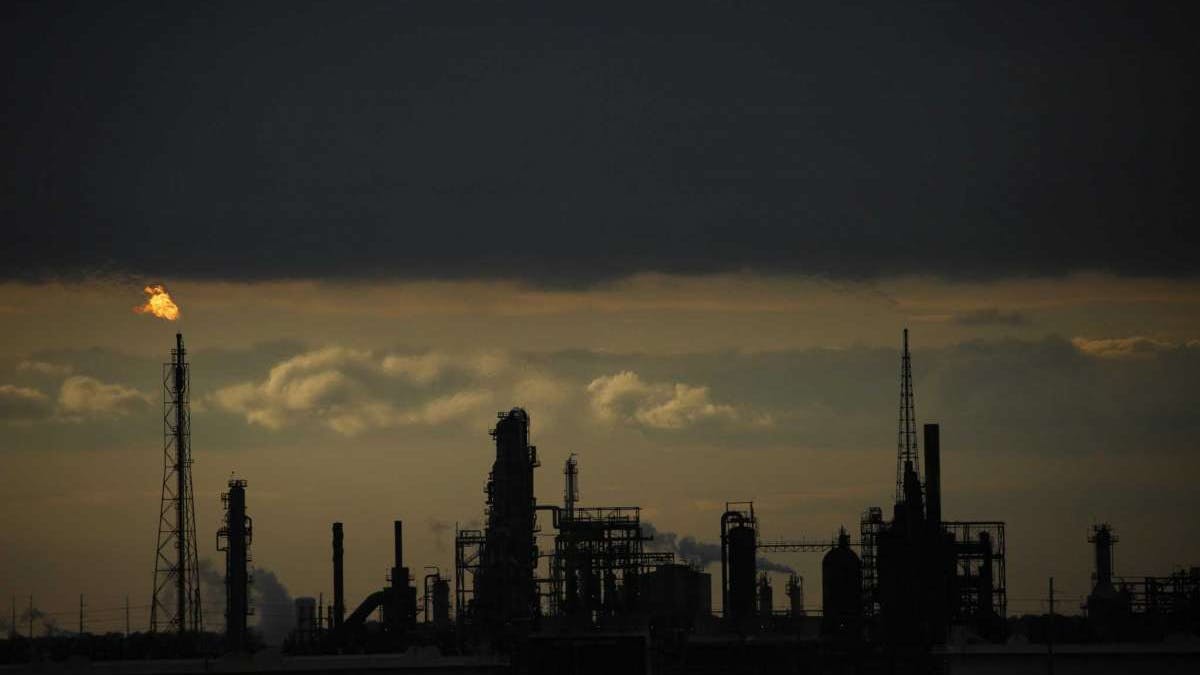Three oil and gas companies were downgraded over the past month after the Federal Reserve bailed them out, highlighting the risks posed to taxpayers when the government props up companies in a failing industry.
The Fed also added 12 new fossil fuel companies to the bailout rolls, including 4 illegal polluters and 9 smaller firms that support or invest in fuel extraction. The Fed has used taxpayer money to bail out more than 50 companies that operate in the oil, gas, and coal industries.
The Fed released details of its emergency lending activity through the end of August on Tuesday. There are three programs that can invest in fossil fuels — two bond-buying programs and a third that funds bank loans.
One bond-buying program, the Secondary Market Commercial Credit Facility, holds $355 million of fossil fuel bonds, up $40 million from last month’s report. They remained a steady 9.4% of the portfolio. The SMCCF holds bonds issued by more than 40 fossil fuel companies.
Four new companies that joined the list faced recent charges violating environmental and other protections. MPLX, a pipeline company owned by Marathon Petroleum, agreed to spend more than $4.4 million on fines and upgrades in 2018 to settle charges that its gas processing plants emitted deadly volatile organic compounds, a violation of the Clean Air Act. The Fed bought $4 million of MPLX bonds on August 12.
MPLX and its affiliates have been cited for violating safety and environmental rules more than 40 times, according to Violation Tracker. Other polluters new to the list include National Fuel Gas Co, Florida Gas Transmission Co. LLC, and Boardwalk Pipelines LP.

Marathon Petroleum's MPLX pipeline company is a serial polluter and violator of safety rules. The Fed bought $4 million of its debt.
Marathon Petroleum, which owns MPLX, has itself been fined more than $1.4 billion for violations since 2000. Taxpayers now own $15 million in bonds issued by Marathon. The company also received a $1.1 billion tax refund through another part of the CARES Act stimulus law. Marathon has been widely criticized for taking public money after a history of polluting minority communities.
A similarly-named company with common roots and executives, Marathon Oil, was downgraded last month by Fitch Ratings, underscoring the risks taxpayers face as the Fed continues to bail out companies in an industry that was struggling long before the pandemic. The downgrade occurred just five weeks after the Fed bought $3 million of Marathon Oil bonds, bringing taxpayers’ total stake to $7 million.
Two other companies faced similar downgrades. Plains All American Pipeline LP was downgraded by Fitch 7 weeks after the Fed bought $6 billion of its debt. And Valero Energy Corp, another $6 million chunk of the portfolio, had its outlook downgraded to negative on Tuesday by all 3 major credit rating agencies.
Credit ratings are used by investors to assess the likelihood that a company's debt will be repaid. In this case, taxpayers are the investors. The downgrades indicate a higher risk that the companies will default, resulting in losses for taxpayers.
In all, at least 20 fossil fuel companies that received taxpayer investments have been downgraded or faced other adverse action by major rating agencies since April.
The SMCCF has worked so well that no companies have had to tap a separate Fed program designed to help companies issue new bonds.
A third program, the Main Street Lending Program, faced public scrutiny after the Fed apparently tweaked its requirements to include more oil and gas companies. The MSLP was designed to help businesses that are too small to issue bonds and benefit from the other programs.
Nine companies that invest or support fossil fuel production received a total of $79.3 million in loans backed by the MSLP. That’s about 7% of the $1.1 billion handed out through the program since it launched earlier this summer. They included six oilfield service contractors, two investors in drilling and fracking rights, and a company that owns a tugboat in Kentucky’s coalfields.
Only one renewable energy company received support through the program.
